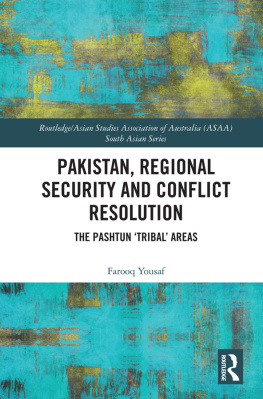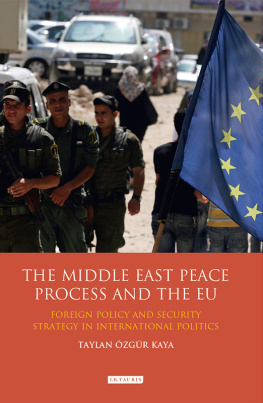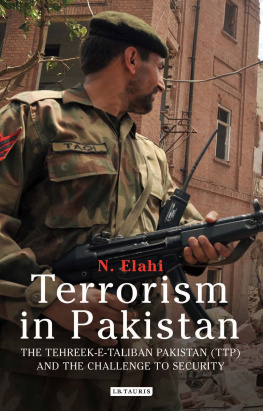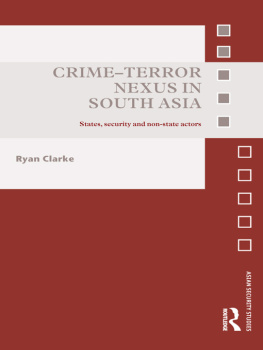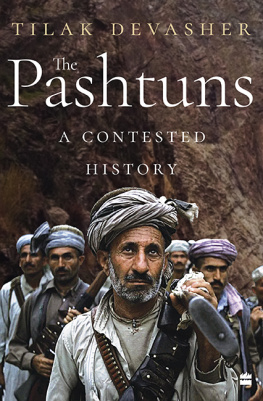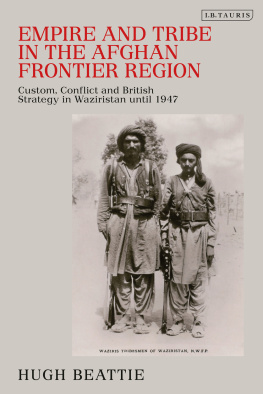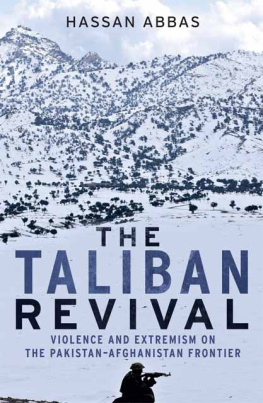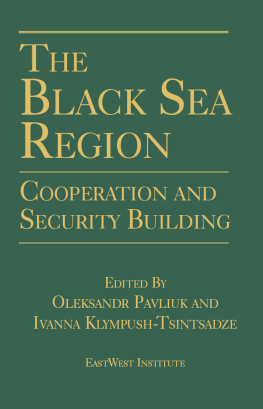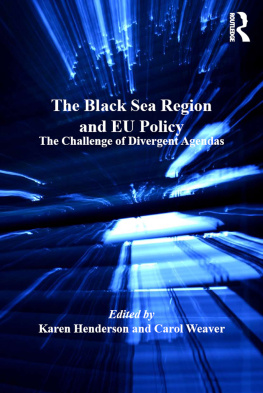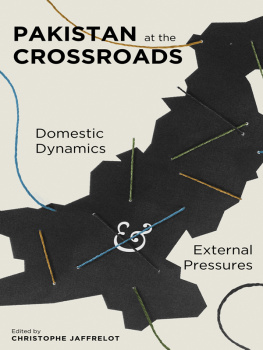Pakistan, Regional Security and Conflict Resolution
This book explains how colonial legacies and the postcolonial state of Pakistan negatively influenced the socio-political and cultural dynamics and the security situation in Pakistans Pashtun tribal areas, formerly known as the Federally Administered Tribal Areas (FATA). It offers a local perspective on peace and conflict resolution in Pakistans Pashtun tribal region.
Discussing the history and background of the former FATA region, the role of Pashtun conflict resolution mechanism of Jirga and the persistence of colonial-era Frontier Crimes Regulations (FCR) in the region, the author argues that the persistence of colonial legacies in the Pashtun tribal areas, especially the FCR, coupled with the overarching influence of the military on security policy has negatively impacted the security situation in the region. By focusing on the Jirga and Jirga-based Lashkars (or Pashtun militias), the book demonstrates how Pashtuns have engaged in their own initiatives to handle the rise of militancy in their region. Moreover, the book contends that, even after the introduction of constitutional reforms and FATAs merger with the Khyber Pakhtunkhwa province, little has changed in the region, especially regarding the treatment of tribal Pashtuns as equal citizens of Pakistan. This book explains, in detail, why indigenous methods of peace and conflict resolution, such as the Jirga, could play some role towards long-term peace in the South Asian region.
Historically and contextually informed with a focus on North-West Pakistan, this book will be of interest to academics researching South Asian studies, international relations, peace and conflict studies, terrorism and traditional justice and restorative forms of peace-making.
Farooq Yousaf received his PhD from the University of Newcastle, Australia. He is also an assistant editor of the journal South Asia Research.
Routledge/Asian Studies Association of Australia (ASAA) South Asian Series
Edited by Bina Fernandez
The University of Melbourne, Australia
Rahul K. Gairola
Murdoch University, Australia
Published in Association with the Australian Studies Association of Australia (ASAA), represented by Georgina Drew, chair of the ASAA Publications Committee, The University of Adelaide, Australia.
This series is published in cooperation with the ASAA to promote outstanding work in the social sciences and humanities on South Asia. The series publishes excellent research on the countries and peoples of South Asia across a wide range of disciplines including history, politics and political economy, anthropology, geography, literature, sociology and the fields of cultural studies, communication studies, studies of religion and ethnicity, and women, gender, and sexuality studies. Interdisciplinary and comparative research is encouraged, and the co-editors are also interested in work that stretches the interstices of area studies, identity studies, and technology studies in/of South Asia today.
Works in the series are published simultaneously in UK and Indian editions as well as in e-book format. Publications include monographs and edited volumes by authors based anywhere in the world.
4 India and the Anglosphere
Race, Identity and Hierarchy in International Relations
Alexander E. Davis
5 Sovereignty, Space and Civil War in Sri Lanka
Porous Nation
Anoma Pieris
6 Ahmadiyya Islam and the Muslim Diaspora
Living in the End of Days
Marzia Balzani
7 Pakistan, Regional Security and Conflict Resolution
The Pashtun Tribal Areas
Farooq Yousaf
For more information about this series, please visit: www.routledge.com/asianstudies/series/ASAASAS
Pakistan, Regional Security and Conflict Resolution
The Pashtun Tribal Areas
Farooq Yousaf
First published 2021
by Routledge
2 Park Square, Milton Park, Abingdon, Oxon OX14 4RN
and by Routledge
52 Vanderbilt Avenue, New York, NY 10017
Routledge is an imprint of the Taylor & Francis Group, an informa business
2021 Farooq Yousaf
The right of Farooq Yousaf to be identified as author of this work has been asserted by him in accordance with sections 77 and 78 of the Copyright, Designs and Patents Act 1988.
All rights reserved. No part of this book may be reprinted or reproduced or utilised in any form or by any electronic, mechanical, or other means, now known or hereafter invented, including photocopying and recording, or in any information storage or retrieval system, without permission in writing from the publishers.
Trademark notice: Product or corporate names may be trademarks or registered trademarks, and are used only for identification and explanation without intent to infringe.
British Library Cataloguing-in-Publication Data
A catalogue record for this book is available from the British Library
Library of Congress Cataloging-in-Publication Data
Names: Yousaf, Farooq, author.
Title: Pakistan, regional security and conflict resolution : the Pashtun tribal areas / Farooq Yousaf.
Description: Abingdon, Oxon ; New York, NY : Routledge, 2021. | Includes bibliographical references and index.
Identifiers: LCCN 2020023205 | ISBN 9780367465698 (hardback) | ISBN 9781003031130 (ebook)
Subjects: LCSH: Peace-buildingPakistanFederally Administered Tribal Areas. | Conflict managementPakistanFederally Administered Tribal Areas. | National securityPakistanFederally Administered Tribal Areas. | Militia movementsPakistanFederally Administered Tribal Areas. | PushtunsPolitical activityPakistanFederally Administered Tribal Areas. | PushtunsPakistanFederally Administered Tribal AreasSocial conditions. | Tribal governmentPakistanFederally Administered Tribal Areas. | Federally Administered Tribal Areas (Pakistan)Politics and government. | Federally Administered Tribal Areas (Pakistan)Colonial influence.
Classification: LCC JZ5584.P15 Y68 2021 | DDC 954.91/1dc23
LC record available at https://lccn.loc.gov/2020023205
ISBN: 978-0-367-46569-8 (hbk)
ISBN: 978-1-003-03113-0 (ebk)
Typeset in Times New Roman
by Apex CoVantage, LLC
This book is dedicated to my father Yousaf Jamal, my mother Khalida Yousaf, my wife Lacey Andrews and my brother Omer Yousaf. Without my familys sacrifices, I would not have had the opportunity to pursue my ambitions and gain higher education from Germany and Australia. And without Lacey, I am absolutely certain that my journey of successfully completing my PhD and this book would have been a lot harder.
I would also like to dedicate this book to my mentor Mr Imtiaz Gul, who taught me how to write and laid the foundation for my interest in Political Science and IR.
Finally, I would like to dedicate this book to my late maternal grandfather Mr Khaista Gul, who equally loved, looked after and supported all his grandchildren. My only regret after completing my PhD was not sharing that moment of success with him!
I would like to first thank and acknowledge the University of Newcastle (UON) for offering me a PhD scholarship. Without the UONs scholarship, I would neither have pursued my PhD nor would I have written this book. Second, I would like to thank both my supervisors, Dr Tod Moore and Dr John Tate. Dr Moore, who supervised me for most of my PhD, played a major part in my PhD journey and provided me with all the guidance I required. Dr Tate, who came on board during the second half of my PhD, also played a major part in the overall framing of my thesis. Most of this book and how it is structured is informed by Dr Tates input and feedback. Even after I finished my PhD, Dr Tate was always there to help and provide feedback on my works and applications. Hence, I am greatly indebted to both my supervisors, especially Dr Tate, who has always supported me in all my post-PhD endeavors.

